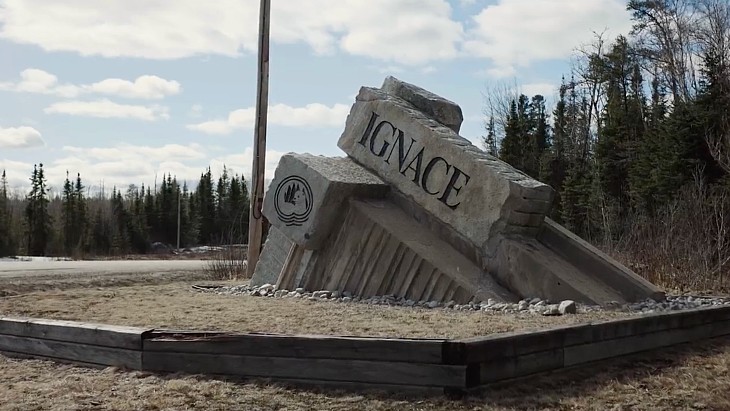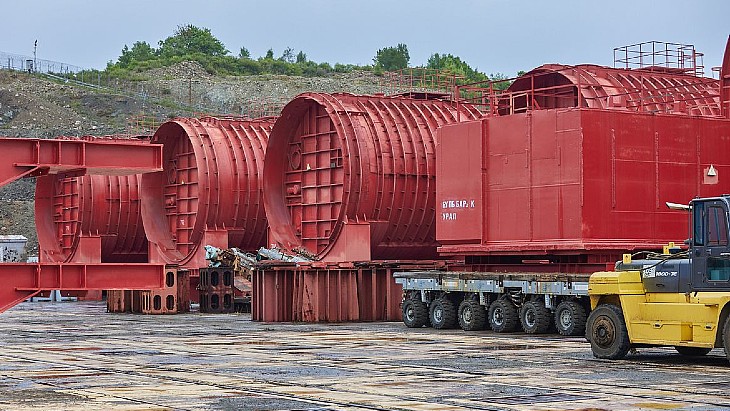Consortium awarded Kozloduy contract extension
.jpg)
Nuvia said its personnel have been supporting D-R PMU since 2013 in managing the programme for the decommissioning of units 1-4 at the Kozloduy plant and the construction of the National Disposal Facility in Bulgaria. The programme is funded by the Kozloduy International Decommissioning Support Fund (KIDSF), administered by the European Bank for Reconstruction and Development (EBRD).
"This extension reflects well on the value that Nuvia and its partners bring to SERAW's Kozloduy Decommissioning and National Disposal Facility programmes," said Andrew Graham, Nuvia's international business manager. "It aligns with our strategic aims to develop long-term relationships with our clients."
The KIDSF was established at the EBRD in 2001. KIDSF operates on the basis of a Framework Agreement between the EBRD and the Bulgarian government, ratified by the Bulgarian Parliament. More than EUR900 million (USD1 billion) has been contributed largely by the European Commission as well as by Austria, Belgium, Denmark, France, Greece, Ireland, the Netherlands, Spain, Switzerland and the UK.
Recent significant achievements in the programme have included the commissioning of a Plasma Melting Facility, and a Size Reduction and Decontamination Facility.
During European Union accession negotiations, Bulgaria committed to closing Kozloduy 1 and 2 by the end of 2002 and units 3 and 4 by the end of 2006. All four units are V-230 model VVER-440 reactors, which the European Commission had earlier classified as non-upgradable. However, units 3 and 4 were of an improved design and closer to the later V-213 design than any others of their class. Despite a 2005 opinion poll showing 75% support for keeping the two reactors running, the government finally ordered them to be shut down at the end of December 2006. Bulgaria joined the EU on 1 January 2007.
An upgrade and modernisation programme for the V-320 units 5 and 6 extended to 2006, but the safety of these units is not in question, as they conform well to international standards.
A key facility, required for the safe decommissioning of Kozloduy units 1 to 4 and funded by KIDSF, is the dry used nuclear fuel storage facility, in operation since January 2016 and used for interim storage of the used fuel from the decommissioned reactors for a period of over 50 years. Other KIDSF funded projects provide the supporting infrastructure for dismantling, handling, sorting of power plant equipment, characterisation, treatment and storage of historical radioactive waste and radioactive waste generated during the decommissioning process.
KIDSF also supports the construction of a near‑surface repository close to the Kozloduy site, accepting low- and intermediate-level radioactive waste from the decommissioning of units 1-4. The planning phase, including site selection, geological, hydrological and engineering-geological assessments, safety and environmental impact assessments, design and site infrastructure preparation is complete. The facility construction began in 2017 and its operation will start in 2021.
_17992.jpg)
_75800.jpg)








_88592.jpg)

